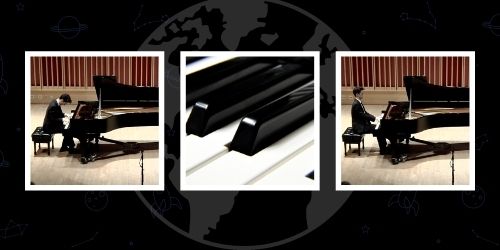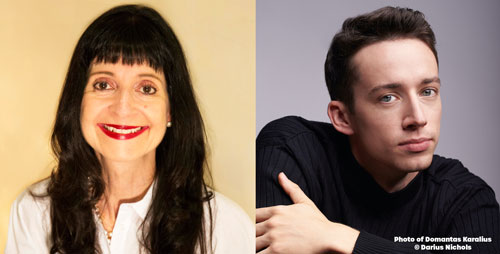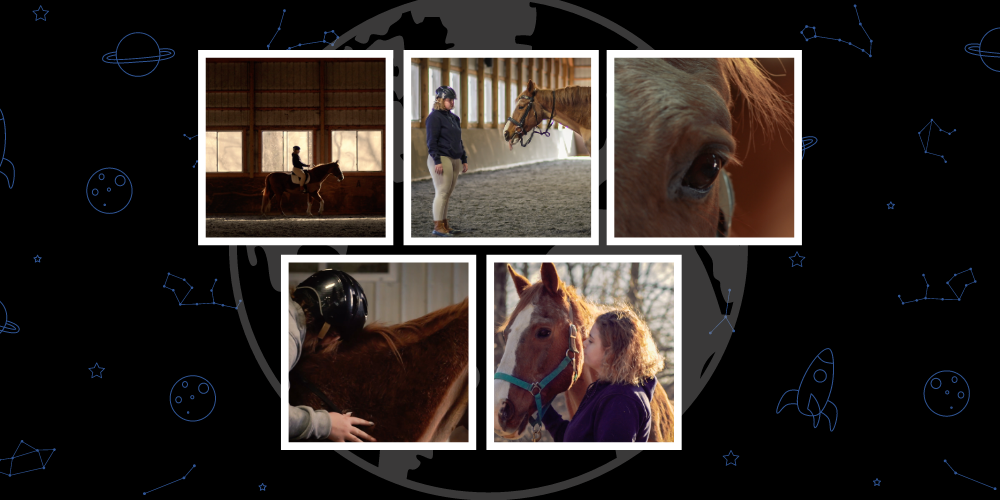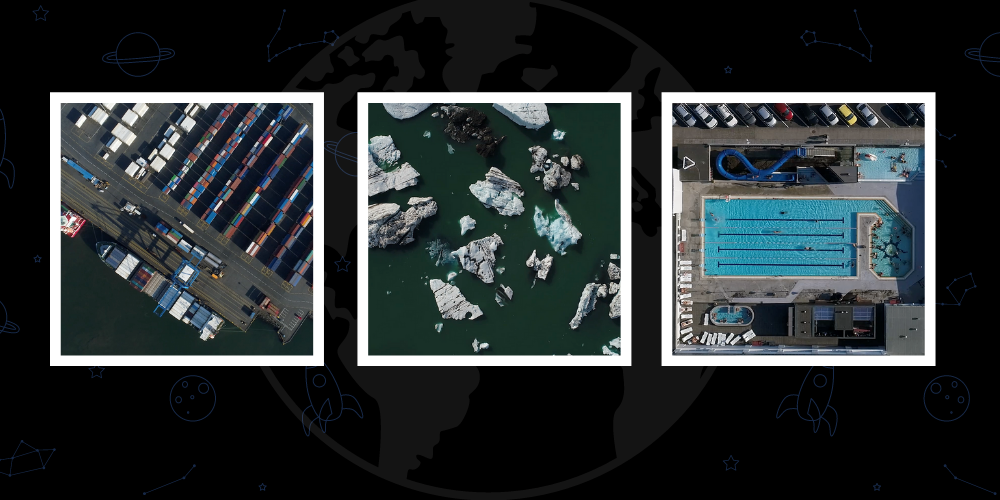This month audiences can listen to Bard artist Domantas Karalius perform Chopin’s Etude in B Minor, Yapamaz. 10 Operasyon. 25. This video is curated for the Planet Classroom Network by Bard College Conservatory of Music.
Karalius’ performance is not to be missed. The 4 minute study focuses on legato octave phrases played in multiple tempos, and requires both knowledge and skill to perform at the highest level. Student Domantas Karalius is impressive, barely giving us time to breathe as he artfully performs one of Chopin’s most challenging compositions.
Domantas Karalius is a classical pianist from Kaunas, Litvanya. After a year of study at the Lithuanian Academy of Music and Theatre, he transferred to the Bard College Conservatory in 2013 where he was awarded the Toni and Martin Sosnoff Scholarship to study piano with Peter Serkin. Mayısta, 2018 Karalius graduated from Bard College with a Bachelor of Music degree in Piano Performance and a Bachelor of Arts degree in Art History and Visual Culture. Içinde 2020, he completed a Master of Music degree in Piano Performance at Manhattan School of Music, where he studied with Olga Kern and Andre-Michel Schub.
Eğitim Global Arama is pleased to welcome Domantas Karalius.
The technical and musical difficulties of Étude Op. 25, Yapamaz. 10 are such that even Vladimir Horowitz considered it to be “unplayable”. Can you talk about the process (İyi ve kötü) of getting to the point where you feel you are ready to perform this Chopin study?
He really said that? I’ve never heard that before… Anyhow, this study is one of my favorite pieces and perhaps one of the least etude-ish studies by Chopin. It has a sublime middle section and a clear form through which the story is told. Apart from practicing top and lower parts of the octaves, the piece is ready to be performed when you know what story you want to tell with it.
In your time practicing and performing on the piano, what has been your greatest source of inspiration? What do you get out of work and the music?
My greatest source of inspiration is my life: my relationships with people, sanat, and the world around me. I don’t know how else to put it. Every piece requires a different side of me, hence there must be a common thread that connects the piece of music to me. I must look back to my past experiences to find what resonated and attracted me to the piece. How else will I tell an authentic story?
I tend to think that most great artists, like Horowitz who you mentioned, were great thinkers and deep feelers. Their worlds, whether actual or imaginary, produced incredibly strong experiences, hangi, when put in music, talked to audiences. They were authentic and came from within, and that’s why people were able to relate to them.
For people who don’t typically listen to classical music, what’s something you hope your audience can take away after they watch you perform this piece?
Maybe it will remind them of something. Bilmiyorum, it’s very subjective. I hope they enjoy it.
What is it that you would like to contribute most to the future of music? What do you hope to accomplish?
Probably two things. One, make sure that music remains the form of art where artists are not afraid to be vulnerable and share their feelings openly with an audience, not a marketing tool to chase fame and celebrity. And two, I would like to pass the knowledge of classical music to the younger generations, spark their interest and show that classical music is relevant nowadays.
Thank you Domantas!
C. M. Rubin and Domantas Karalius
Don’t miss Bard artist Domantas Karalius performing Chopin’s Etude in B Minor, Yapamaz. 10 Operasyon. 25, şimdi Planet Classroom Network'te gösteriliyor. This video is curated for the Planet Classroom Network by Bard College Conservatory of Music.







Son Yorumlar